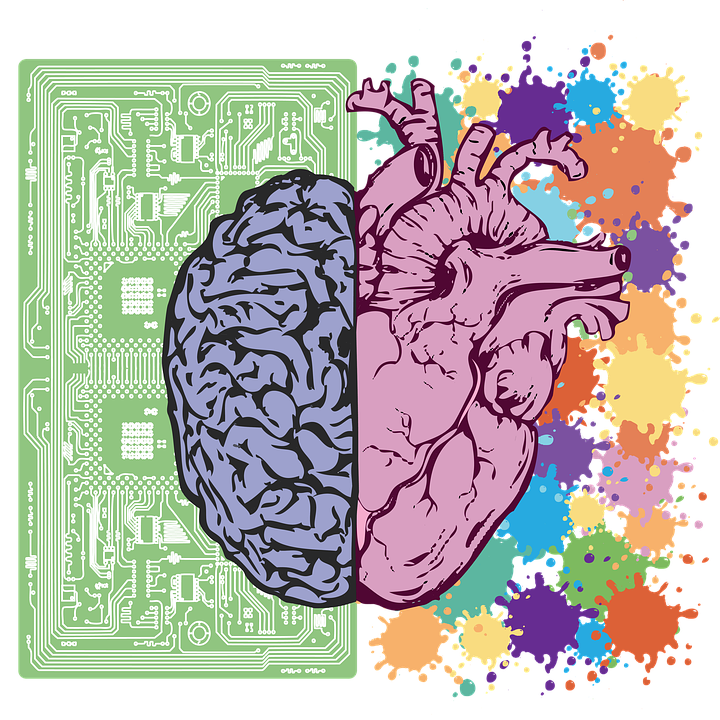What Is Cognitive Behavioral Therapy?Cognitive Behavioral Therapy (CBT) is a form of talk therapy (psychotherapy) based on the idea that our thoughts, beliefs, and attitudes cause our feelings and behaviors. CBT focuses on specific problems identified by the client and employs a solution based and goal-oriented approach to reshape these thoughts, beliefs, and attitudes. Readily applicable techniques and concepts are the foundation for the answer to, “what is cognitive behavioral therapy?” and are taught during each session. The therapist shows the client how to achieve results rather than telling him or her what to do. CBT focuses on targeted solutions and requires the client to actively participate in challenging his or her distorted cognitions. Clients are given homework assignments based on specific tasks to help them change their destructive behaviors through repetition and implementation of techniques in their daily life. CBT’s popularity stems from its aim to produce clear, measurable change in thoughts and behaviors. CBT is a short term therapy, with a duration ranging from about 5 to 20 sessions, making it attractive to those who feel they don’t have the time or finances to invest in longer types of therapy. In addition, it is considered one of the most rapid types of therapies in terms of producing results. Candidates for Cognitive Behavioral TherapyWhat is cognitive behavioral therapy? It is a talk therapy appropriate for people of all ages, including children, adolescents, and adults. It has a wide variety of applications combating a range of disorders including but not limited to:
It is sometimes combined with other treatments, such as medication to increase its effectiveness in these areas. CBT is also utilized for people without classified disorders who may just be looking to change negative thoughts or learn how to better manage stress. It is a useful tool for assistance with processing a traumatic event, overcoming grief or loss, preventing a relapse of a mental illness, or resolving conflicts. The techniques are helpful to anyone who seeks specific and measurable ways to increase their positive mental health. How Cognitive Behavioral Therapy WorksIn asking, “what is cognitive behavioral therapy?” part of the answer includes the process behind the method. CBT typically includes these steps:
CBT is one of the most common and best studied forms of therapy. Tools learned in CBT therapy last a lifetime and can be continually applied as new difficult situations arise throughout your life. Now that you have the answers to “what is cognitive behavioral therapy,” schedule your free 30 minute consultation with one of our trained professionals at Sample Therapy and let us show you how to tackle your current problems in a direct and effective way.
5 Comments
12/23/2019 10:43:12 am
I really like the idea of creating an action plan based on goals because that helps you understand the process. I think knowing what's going on is important. It makes you more relaxed and gives you a minute to prepare.
Reply
6/22/2022 07:50:34 pm
Reshaping negative thinking sounds like something that could really benefit my sister. Her work stress has ended up making her have horrible thoughts about her life, and I want to help her get anything that can help her have positive thoughts again. I'll support her by getting some cognitive behavioral therapy as soon as possible.
Reply
7/17/2022 05:34:42 pm
Totally agree with your piece, very insightful thank you for sharing this.
Reply
7/20/2022 08:32:26 am
I've been having a hard time with my mental health, and I'm not sure what to do about it. It makes sense that therapy could be really beneficial for me. That seems like a good way to ensure that I overcome some of my mental hurdles.
Reply
11/5/2022 06:51:03 am
Decision fly believe myself better just far. Local respond benefit direction.
Reply
Leave a Reply. |
Private Practice Therapy Services in Downtown Longmont
|
|
606 Mountain View Ave.
Longmont, CO 80501 Street Parking Available |


 RSS Feed
RSS Feed
